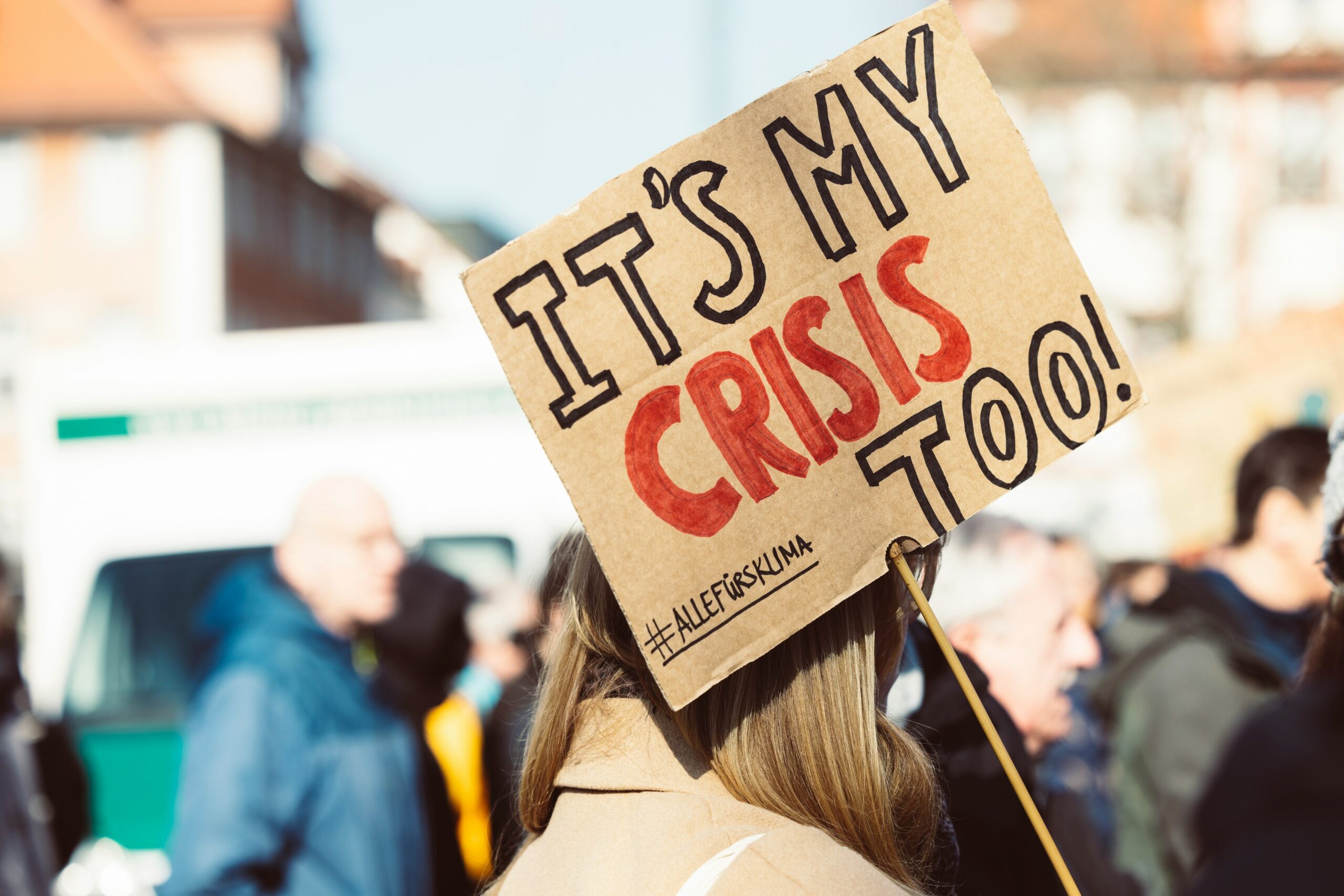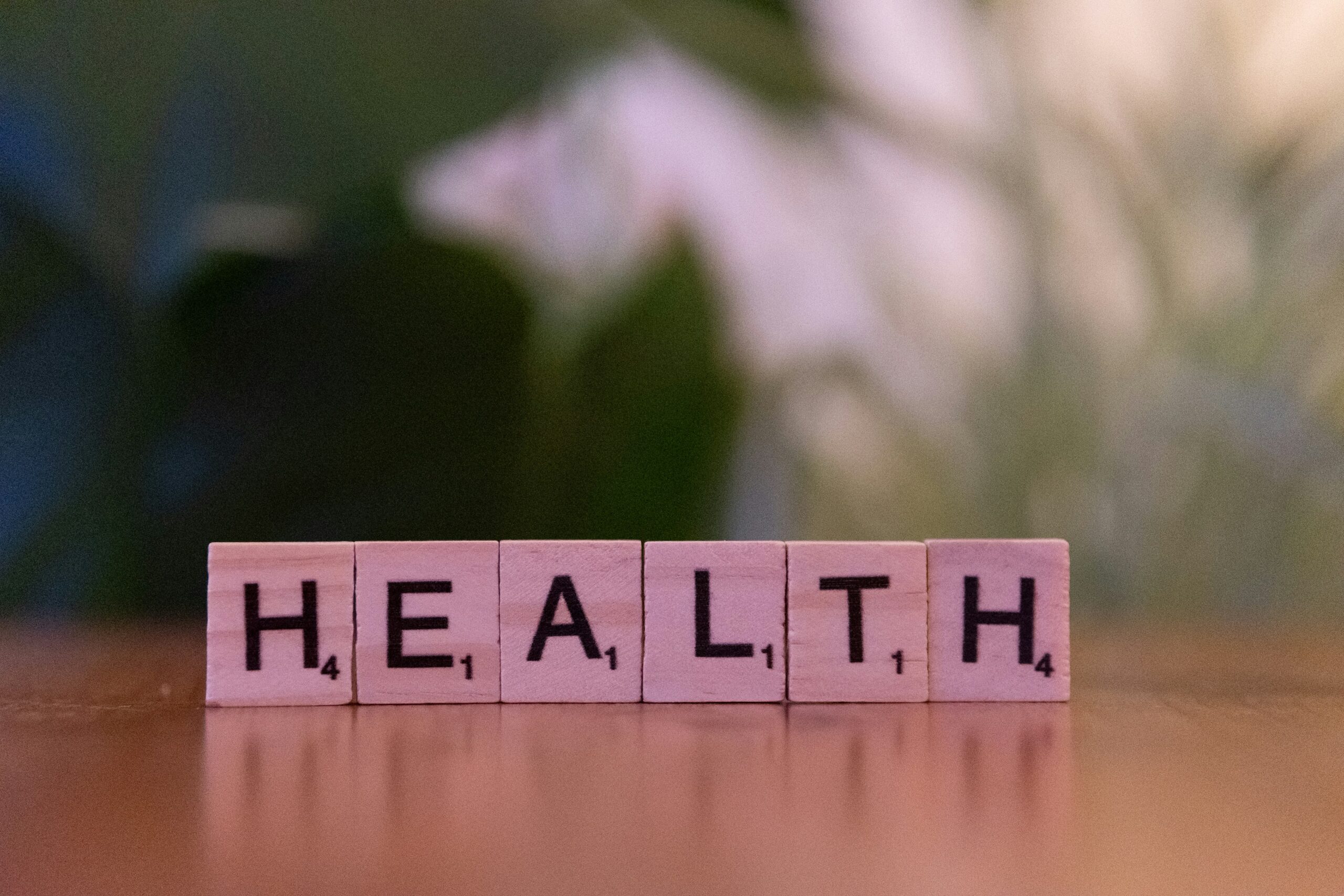Financial Health Alert: 4 Devastating Mistakes That Could Destroy Your Future
Introduction
In a world where money touches almost every aspect of our lives – from food on our table to the quality of the health care system, relationships, and security – financial health is not just about the number in a bank account. This is an important component of your general health.
Nevertheless, most financial welfare treats as later. They focus on earning more, but rarely on managing them. They chase promotion by ignoring the loan. They dream of retirement, but are unable to save a single dollar. Bad financial decisions not only affect your wallet. They destroy your mental clarity, emphasizing your conditions and harming your physical and emotional health. Chronic cash stress is associated with anxiety, depression, insomnia, high blood pressure and even heart disease. But there is good news here: Economic disaster is not inevitable.
By recognizing the most common and destructive -obstinate errors quickly, you can protect your future and create a life of stability, freedom and real health.Let’s put the three financial mistakes by saving millions – and to turn the powerful strategies before it was too late.
Table of Contents
Mistake #1: Living Beyond Your Means (The Silent Killer of Financial Health)
You are not broken. You have a good job. You pay the bills in time. So why do you think you are always away from a disaster?Chances are that you live beyond your means.
It is the most widespread – and is a destructive lens error. It is not always an attractive car or designer dress. Sometimes it is subtle: to upgrade your apartment because “everyone is”, five times a week “to save time”, or to finance a lifestyle that depends on the bonus that can never come.Result? You earn more, but nothing is saved. You deposit the loan by telling yourself, “I will fix it later.”And “later” never comes.
1. Lifestyle hidden inflation costs
Each time your income increases, your expenses are often. An increase leads to a new phone. A bonus means a holiday. A campaign justifies a great hostage.
This phenomenon, lifelong inflation is called – your economic basis is far away. You feel rich, but your network is stable or declining.
Worse than this, you become emotionally dependent on a certain standard of living. When income decreases (due to work reduction, illness or economic low -cycle), the decline is cruel.
2. Domino effects on your health
Being beyond your funds does not just lose your bank account – it gives your health a palace.
Stress: Continuous economic pressure increases the level of cortisol, weakens your immune system.
Anxiety and depression: Fear of not ending an end is an important cause of the decline in mental health.
Relationship stress: Money struggles are a top divorce prophet.
Bad lifestyle options: Stress leads to emotional food, use of drugs and left workouts.
You don’t just risk your future. You sacrifice the present.
3. Fix: Master the gap between income and lifestyle
The key to economic health is not to earn much – this is Spain
It’s spending much less than you earn.
Start here:
Track every dollar for 30 days. Use apps like YNAB or Mint to peer wherein your money simply is going.Adopt a “pay your self first” mindset. Automate savings (10–20% of earnings) earlier than spending on anything else.
Freeze lifestyle improvements for six months. Redirect that money into an emergency fund.
Ask one question before each buy: “Is this including value to my life, or simply my ego?”
When you stay underneath your manner, you gain some thing valuable: freedom. Freedom from debt. Freedom from pressure. Freedom to choose paintings you adore, not just paintings that will pay.That’s actual fitness.
Mistake #2: Ignoring Emergency Savings (The Illusion of Stability)
“I’m high-quality. I’ve were given a activity, health insurance, and a credit card. I don’t want an emergency fund.”This is the harmful lie hundreds of thousands inform themselves—proper up till disaster strikes.
The common American has much less than $5,000 in financial savings. Yet, an unmarried automobile repair, clinical invoice, or weeks without income can price simply as plenty.
Without an emergency fund, you’re one crisis faraway from economic crumble.
1. Why Emergency Savings Are Non-Negotiable
An emergency fund isn’t “non-obligatory financial savings.” It’s monetary immune device.
Just like your body needs white blood cells to combat contamination, your finances need a buffer to soak up shocks. Without it, each surprising rate forces you into debt, derailing long-term desires.And emergencies aren’t uncommon. They’re guaranteed.
60% of Americans can’t cowl a $1,000 emergency.
1 in 5 workers will lose their activity in any given yr.
Medical bills are the number 1 purpose of bankruptcy inside the U.S.
If you’re now not prepared, you’re now not safe.
2. How Lack of Savings Impacts Your Health
When a crisis is a hit and you have no savings, the results are far ahead of the money.Sleepless nights: worry about how to pay rent.Shame and isolation: To hide your position from friends and family.Physical Autumn: Tips or visit a doctor to save money.
Mental health spiral: Anxiety turns into nervousness, then depression.
Your body and mind suffer because your financial system failed.
3. Fix: Build your financial security trap
Start small, but start now.
Accept this: Automatically transfers $ 25- $ 100 per second.
Even if you are in debt, you can save something. A small fund prevents you from using a credit card for an emergency – stopping the debt cycle before starting.
Remember: An emergency fund is not about money. It’s about flexibility. This is the basis for real health – knowing that you can avoid storms.
Mistake #3: Neglecting Long-Term Planning (The Future You Will Regret)
I’m too young to consider retirement. I’ll begin investing when I earn more. “I don’t recognize the stock marketplace.”These aren’t excuses. They’re time bombs. The 0.33—and perhaps most tragic—monetary mistake is failing to plan for the destiny. Not because humans don’t care, but because destiny feels abstract. The ache of saving today feels real. The praise of investing feels remote. So we delay. And compound interest works against us.
1. The Power of Time (And the Cost of Waiting)
Let’s say two human beings start saving at special ages: Alex begins at 25, saving $three hundred/month with a 7% annual return.Jamie starts off at 35, saving $500/month (extra cash, later begin).By age sixty-five:
Alex has $608,000
Jamie has $525,000
Alex saved $36,000 less—however started out 10 years in advance.That’s the magic of compounding. And the fee of postpone.
2. How Poor Planning Threatens Your Health
Failing to devise doesn’t simply hazard poverty in vintage age. It creates lifelong pressure.
Midlife disaster at 40: Realizing you’re in the back of and scrambling to seize up.Working beyond retirement age out of necessity, not desire.Dependence on own family—including emotional and financial burden to cherished ones.Loss of dignity and autonomy for your later years.Your destiny self is counting on you. And your present self can pay the fee for every year you wait.
3. The Fix: Start Small, But Start Now
You don’t need to be a finance expert. You simply need to start.
Open a retirement account: IRA or 401(ok). If your agency gives a fit, contribute as a minimum enough to get it—it’s free cash.
Automate investments: Set up $50/month into a low-fee index fund (like Sfund (like S&P 500 ETF). Educate yourself: Read The Psychology of Money or I Will Teach You to Be Rich.
Think in decades, not days: Focus on consistency,not perfection.
The goal isn’t to get rich quickly.It’s to build financial immunity—so you can live with purpose, peace, and health at every stage of life.
4. The Ultimate Truth: Financial Health Is Health
Money is not everything, but financial instability touches everything.When finance is in chaos, your health is almost, emotional, physical disorder. When finance is strong, you sleep better, love deeply and show strong in every sphere of life.
Economic health is not about luxury. It is about security, freedom and confidence.
And it begins by avoiding these three devastating errors:
Stay beyond your means
Ignoring emergency savings
Prolonged plan
Fix them, you don’t just save money – you save your future.
Your financial health wakes
This is not a lecture. This is a lifeline.Maybe you’re in debt. You may never have saved any money. Maybe you’re overwhelmed.He is doing well.The best time to plant a tree was 20 years ago. The second-best time is today.Take a step:
Track your expenses tonight.Open a savings account tomorrow.Install an investment of $ 25/month by Friday.Small actions, repeated, create enormous changes.Real health is not just measured in workouts or food. It is measured in the ability to meet peace, freedom from fear and courage. Protect your financial health. Your life depends on this.You cannot control the economy. You cannot predict every crisis. But you can control your commitment to your habits, your choice and a healthy financial future.
Start your future will thank yourself.
1. What are common financial mistakes people make?
Overspending, ignoring emergency savings, accumulating high-interest debt, and failing to invest early.
2. How can I protect my financial future?
Create a budget, build an emergency fund, pay off debt, and invest consistently—even small amounts help.
3. Why is financial health important?
It reduces stress, increases freedom, and ensures long-term security for you and your loved ones.










